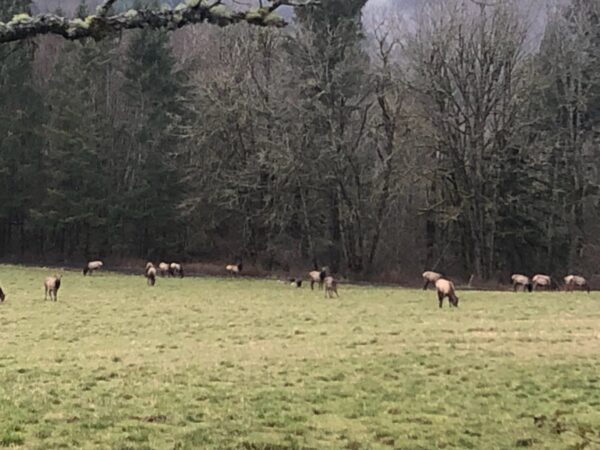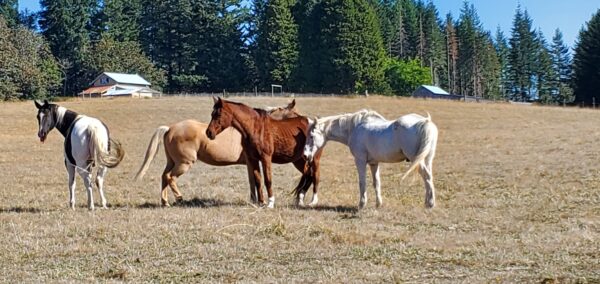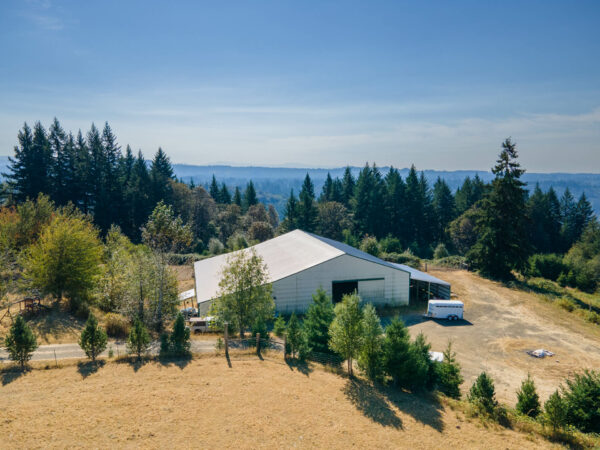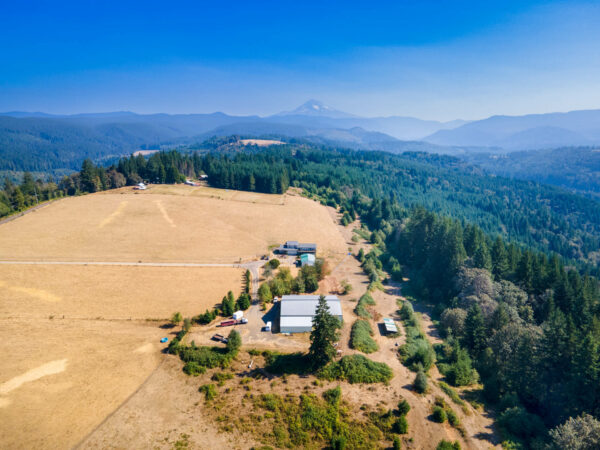
Are you looking for a way to escape the hustle and bustle of city life, starting a hobby farm might be just what you need. A hobby farm is a small farm that’s run for pleasure rather than for profit. It’s a place where you can get back to nature, grow your own food, and connect with the land. In this blog, we’ll explore what a hobby farm is, the benefits of starting one, and how to get started.
What is a Hobby Farm?

A hobby farm is a small-scale farm that’s run as a hobby rather than as a commercial enterprise. The focus is on growing crops and raising animals for personal use or for sale at local markets rather than for profit. It’s a place where you can grow your own food, raise animals, and enjoy the benefits of living in a rural setting.
Benefits of Starting a Hobby Farm

Starting a hobby farm has numerous benefits. Here are a few of the most significant:
- Fresh, Healthy Food – By growing your own food, you can ensure that it’s untouched, harty, and free from harmful pesticides and chemicals.
- Sustainability – Hobby farms typically use sustainable practices, which help to preserve the environment for future generations.
- Health – Working on a hobby farm is a great way to stay active and improve your overall wellbeing.
- Community – Hobby farms can bring people together, whether it’s through local markets, farm-to-table dinners, or other community events.
- Learning – Starting a hobby farm is a great way to learn new skills, including gardening, animal husbandry, and sustainable farming practices.
How to Get Started

If you’re interested in starting a hobby farm, here are some steps to get you started:
Determine your goals – Think about what you want to achieve with your hobby farm. Do you want to grow your own food, raise animals, or both? How much time and money are you willing to invest?
- Choose a location – Look for a piece of land that’s suitable for your hobby farm. Consider factors like soil quality, water availability, and zoning laws.
- Plan your crops – Decide what you want to grow on your hobby farm. Research the best crops for your area and plan your planting schedule.
- Build infrastructure – Depending on the size of your hobby farm, you may need to build infrastructure like fencing, sheds, and animal housing.
- Start small – Don’t try to do everything at once. Start with a small plot of land and a few crops or animals, and gradually expand as you gain experience.

In conclusion, starting a hobby farm can be a rewarding and fulfilling experience. It’s a great way to reconnect with nature, grow your own food, and live a more sustainable lifestyle. With some planning and hard work, you can turn your hobby farm into a thriving oasis of self-sufficiency and community.
